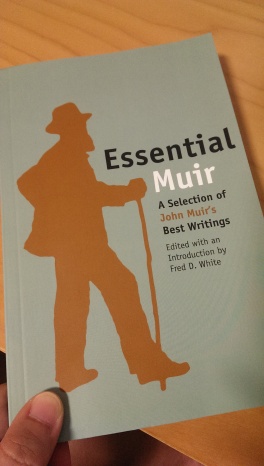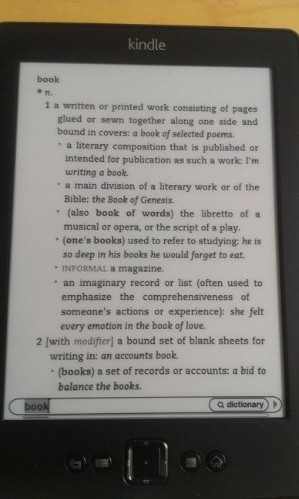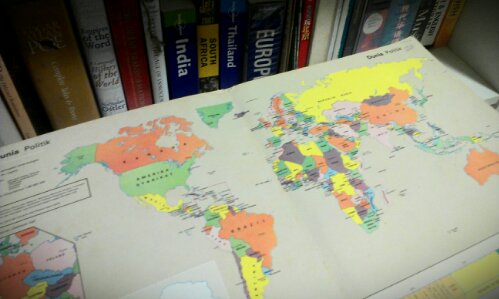I don’t read enough, much less read enough new books to be able to write a list of ‘best books of 2015’. I did read some lovely books last year that are worth mentioning and maybe you may like them as well!
- An Intimate History Of Humanity by Theodore Zeldin
This has to be the best book I have ever read! It is an engaging, unconventional book about the history of the human experience and philosophies woven with semi-biographical narratives of contemporary women in France (read the book for the British author’s explanation of his choice of the female subject and why French). If this is not enough to pique your interest, here’s a sample of the contents table:
-
How humans have repeatedly lost hope, and how new encounters, and a new pair of spectacles, revive them
-
How men and women have slowly learned to have interesting conversations
-
How people searching for their roots are only beginning to look far and deep enough
-
How people freed themselves from fear by finding new fears
-
How travellers are becoming the largest nation in the world, and how they have learned not to see only what they are looking for
The book was first published in 1994/1995, and I only discovered it last year while casually browsing in an indie book shop in Singapore. Moral of the story (and potential chapter titles, perhaps?):
- How being late is still better than never
- How a book shop, even if it faces diminishing dollar returns, has not diminished in its ability to inspire reading.
2. Ministry of Moral Panic by Amanda Lee Koe
A collection of short stories, and winner of the Singapore Literature Prize for Fiction 2014. The stories, while based in familiar Singapore setting, explore emotions that are universal and yet, uncomfortable to deal with. I can’t wait to read more of her works.
3. Eastern Heathens contributed by Cyril Wong, Alfian Sa’at, Jason Erik Lundberg, Bryan Cheong, Jon Gresham et al
Another collection of short stories, this set contains eastern folklores with a modern twists. The first thing that attracted me was the exquisite book cover – yet another reason to browse book stalls at artists’ fair! Some stories are better than others.
4. Sapiens – a brief history of humankind by Yuval Noah Harari
Another history book, you say! But this proved to be such an engrossing read that I started over Christmas and finished it while on a flight back from Australia on new year’s day (I am a slow reader, by the way). Written by a professor of the Hebrew University of Jerusalem (who happens to be only 39 years old?!), this book is an engaging take on the history on homo sapiens. There are some attention grabbing titles such as “The Agricultural Revolution – The Biggest Fraud in History” and certain sweeping statements at portions of the book. But there is no doubt that the book will make one question some of the assumptions that we make – and take for granted – about the history of our species. The book would have been more comprehensive if it had given some discussion about the development of art, literature and music in mankind’s history, even if these developments had never bore the label ‘revolution’.
5. China in Ten Words by Yu Hua
Written by reknown mainland Chinese writer Yu Hua who is famed for his fictional novels Brothers and Living, with the latter made into an acclaimed film by director Zhang Yimou. China in Ten Words on the other hand is anything but fiction: part memoir, part observation of China, through Yu Hua’s eyes you get a personal glimpse of China’s Cultural Revolution and its uneven development that had led to the market-based Chinese economy of today. Each essay explores subject matter represented by the words People, Leader, Reading, Writing, Lu Xun, Revolution, Disparity, Grassroots, Copycat, and Bamboozle. The book is all the more remarkable because it deals with topics such as the Tiananmen demonstrations and June Fourth, topics that are generally considered to be taboo in China – it has been reported that Yu Hua did not even bother to get the book past PRC censors. Although Yu Hua wrote the book in Chinese, the book was actually first published in French, and then in English with the first Chinese edition published in Taiwan.
The book in English – though tame in comparison to the language it was originally written in (at least base on my quick read thus far of one chapter in Chinese) – is humorous, candid and a wry take of each of the 10 words, as seen through Yu Hua’s childhood against the backdrop of the Cultural Revolution, with connecting threads to present-day China. Highly recommended.



